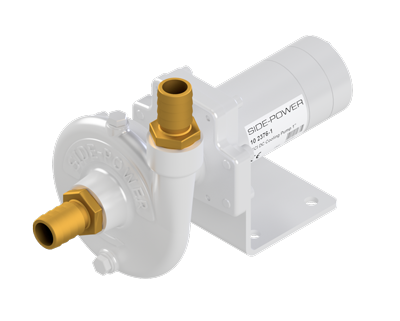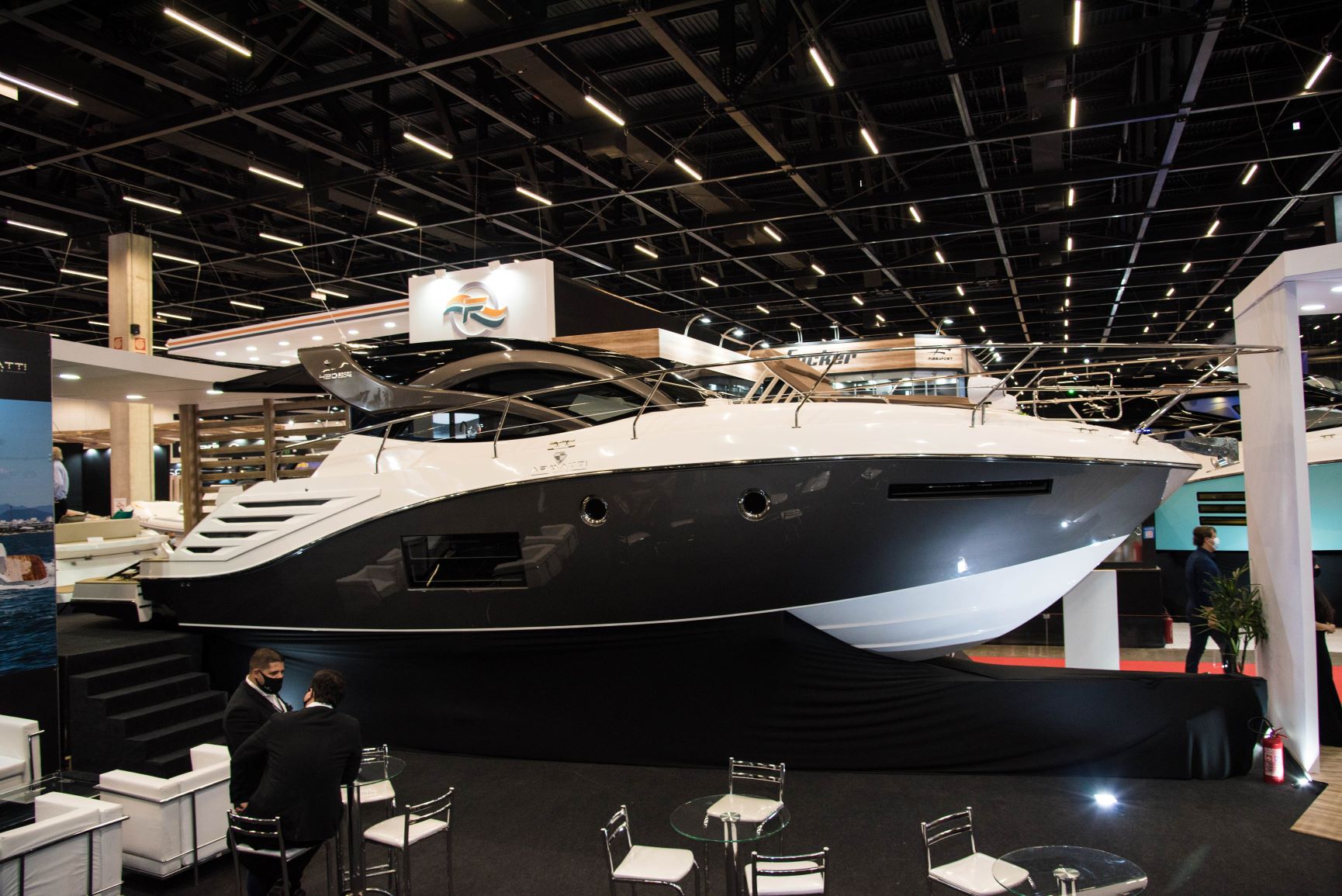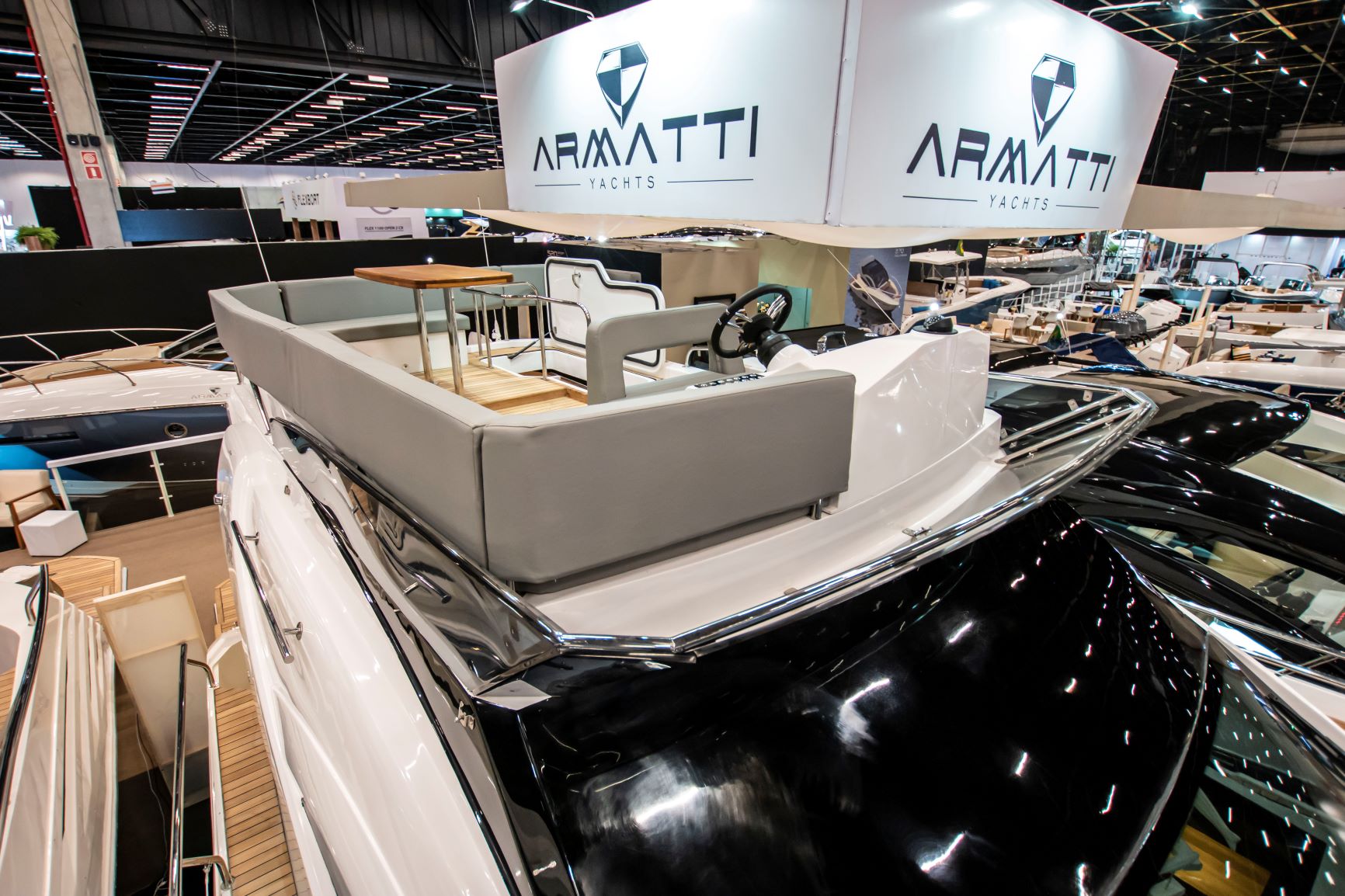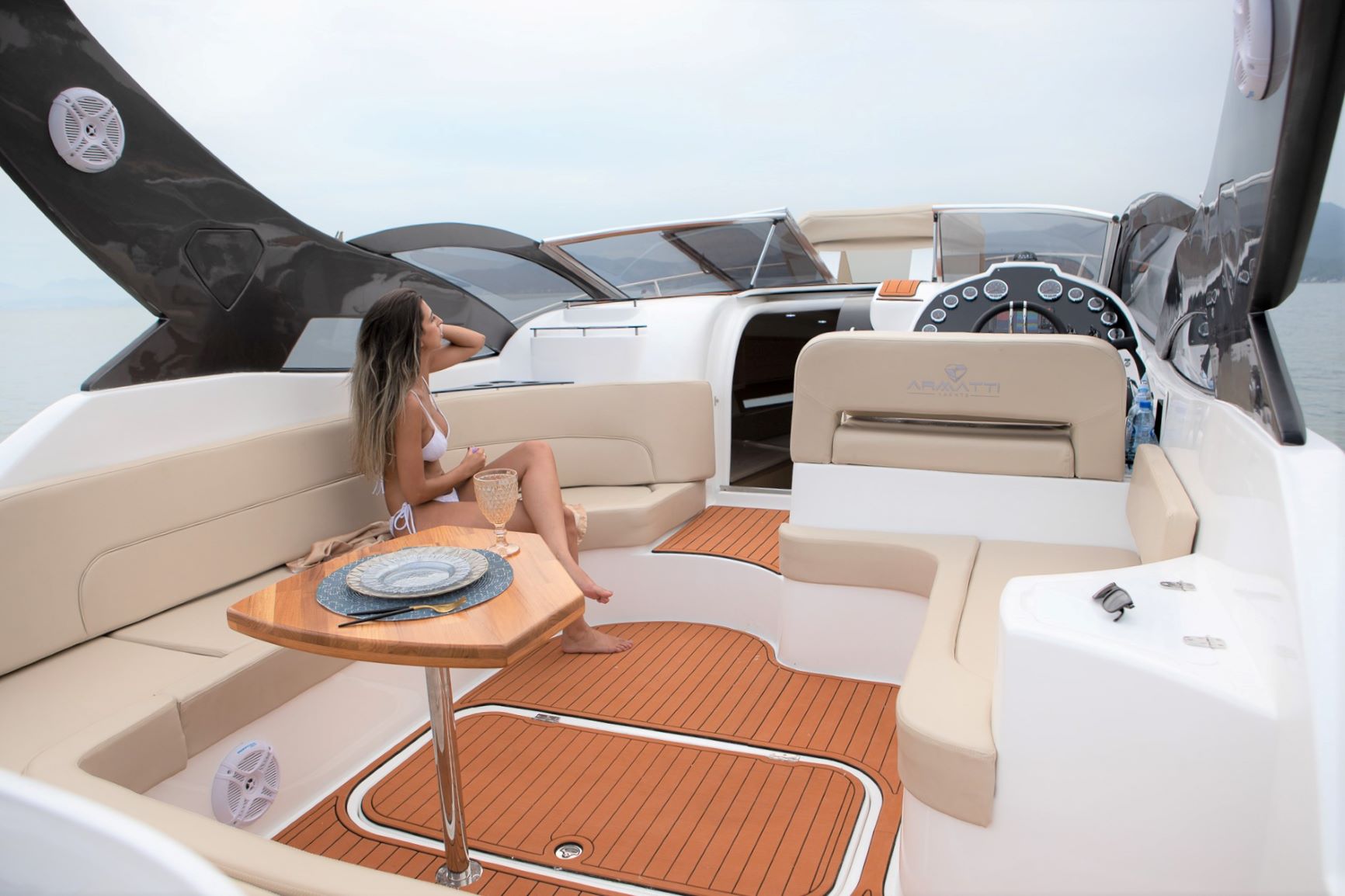HYDRAULIC OIL FOR MARINE USE
The pressure bearing media in a hydraulic system can be many different fluids, in which oil is most common. However, water hydraulics can be found in special applications within the food industry to lower the risk of contamination and in high-pressure cutting, in drilling equipment and in fire suppression systems such as water mist sprinklers. Nevertheless, water is seldom seen in marine hydraulics. An exception is the water mist suppression system, which is the reason we shall look a little closer on hydraulic oils.

An Introduction to Hydraulic Oils
The hydraulic oil must be able to:
- Ensure a good lubrication of all the components in the system
- Have the correct viscosity at the working temperature of the system
- Be able to withstand high temperatures
- Be able to operate at low temperatures
- Protect against corrosion
- Prevent or limit decomposition and oxidation
- Separate air fast and prevent foaming
- Not destroy organic and/or inorganic materials, especially gaskets, O-rings, hoses, etc.
- Have a high flash point
Improving the Properties of Hydraulic Oils
To improve the properties of hydraulic oils, they are normally mixed with different additives, the most common are anti-corrosion, anti-foaming and anti-oxygen.
Oil temperature is very important due to several factors, one being the viscosity. The oil viscosity changes with the temperature, which makes it very important to choose the correct oil, that has a viscosity that gives the best compromise between lubrication ability and pressure loss at operating and ambient temperature.
Common Problems with Oil in a Hydraulic System
The three most common problems with the oil in a hydraulic system are impurities, air and water. We will look closer at impurities during the chapter concerning filter technic.
A Hydraulic System Containing Air
Air is most common right after installation and during high seas. It is important to bleed the system from air during commissioning. A hydraulic system containing air will not operate properly and can be observed visually or auditive. Air is compressible and a system containing air will seem spongy or springy. In addition, pumps and motors can experience cavitation which can be heard quite easily, even an inexperienced operator will be able to hear that something is wrong.
Water Entering the System

The second pollutant is water. Water can come in to the system from many different sources, among the most common are the ambient air as the oil tank breath air. The tank needs to be drained now and then. It is strongly recommended especially for larger system to do this regularly. The oil cooler in many marine systems are water cooled and leakages will appear, especially after long standstills in low oxygen water. Here there is an increased risk of mycobacterial caused corrosion. A correct dimensioned water cooler will have limited corrosion risk, but too high water flow, a drained and not corrosion protected oil cooler will eventually leak.
Credit: www.blog.side-power.com
Drake Marine carries only the best in lubricants, tried, tested, and recommended for toughest of applications in the harshest of environments.
Click Here to view our selection of high quality lubricants.




